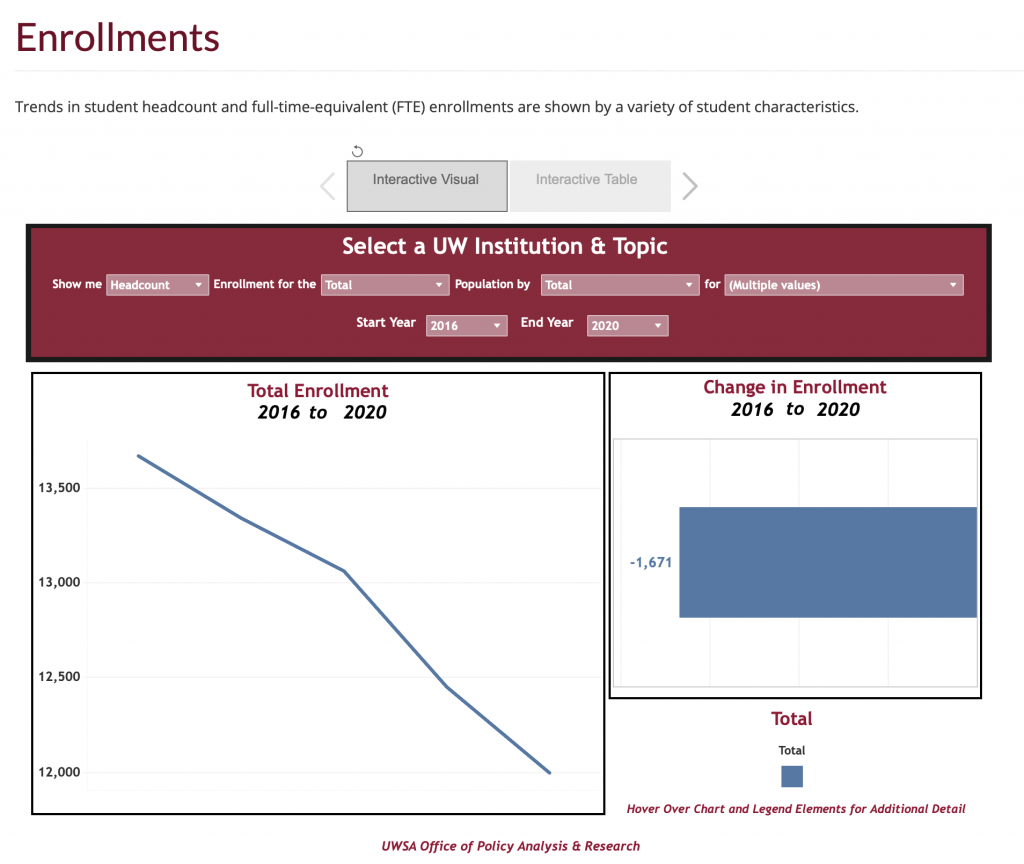Wednesday in Whitewater will be sunny with a high of 84. Sunrise is 6:51 AM and sunset 6:44 PM for 11h 47m 11s of daytime. The moon is a waning crescent with 46.4% of its visible disk illuminated.
Whitewater’s Parks & Recreation Board meets at 6 PM.
On this day in 1957, the Packers dedicate City Stadium, now known as Lambeau Field, and defeat the Chicago Bears, 21-17.
Amanda Holpuch reports River otter attacks baffle authorities in Anchorage, Alaska:
Residents of Anchorage, Alaska, used to living alongside moose and bear now face a threat from a more diminutive creature: the humble river otter.
On Friday, the Alaska department of fish and game alerted residents to a pack of aggressive otters which have attacked dogs, children and adults near creeks, rivers and lakes.
Humans are river otters’ only significant predator. Attacks the other way are not common, officials said. Nonetheless, a spate of reported incidents prompted the official warning.
“Because of the risk to public safety, efforts will be made to locate this group of river otters and remove them,” authorities said. “Care will be taken to only remove the animals exhibiting these unusual behaviors.”
Last week, a woman was bitten while rescuing her dog from otters at a lake. The same day, in another part of the city, a group of otters attacked a dog.
Earlier this month, a nine-year-old boy went to the emergency room after four otters chased him and his friends while they played near a duck pond in east Anchorage.
The boy’s mother, Tiffany Fernandez, told the Anchorage Daily News: “He has two fang marks on his back thigh and one on the front thigh on each leg. [He has] one puncture wound on his foot.”
Authorities said the otters would be tested for rabies, which could explain their aggression, though there had been no recent reports of rabid otters in the region.
Meanwhile, in Britain, the Guardian reports Toilet rats! Vermin are all over Britain – and they’re climbing up our waste pipes:
Name: Toilet rats.
Age: Nothing new, but an upward trend.
Appearance: Like a regular rat, but this time in your toilet.
I’ll be honest: I do not like the sound of this one bit. You are not alone.
How did the rat get in the toilet in the first place? It came up the waste pipe.
You mean they’re coming from the toilet? That’s correct.
Why is this happening? It started during the first lockdown in 2020, when entire business districts were depopulated. With less rubbish lying around to eat, rats invaded abandoned offices in search of food.
By swimming up the loo pipes? If toilets aren’t being used the water in the U-bend can evaporate, making them even easier for rats to access.
So as long as someone flushes the loo regularly, everything’s fine? Not really. Rats are excellent swimmers – they can hold their breath for three minutes and tread water for three days. If they want to get in your toilet, they will.
OK, that settles it – I am never going back to the office. The rats have taken that into consideration. With food supplies in city centres running low, they’re now invading our homes as well.
Please no. “I was called out to one job in Norwich and the customer could barely speak, she was in so much shock,” the pest control expert Andrew Dellbridge told the Norwich Evening News.
Don’t tell me any more. “She’d been using the bathroom and heard a noise,” he said. “She looked down and it was in the toilet bowl. And this is happening more and more frequently.” Chilling.
These are not ordinary times.
In Canary Islands, a “miracle house” spared by the lava flow of La Palma:




